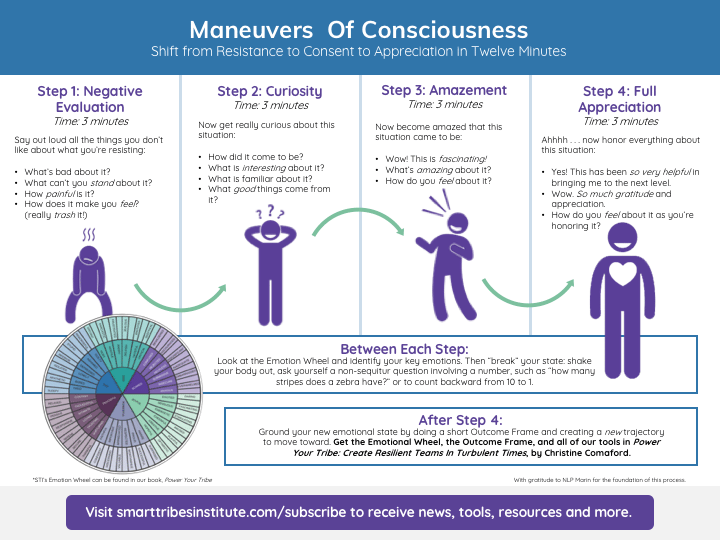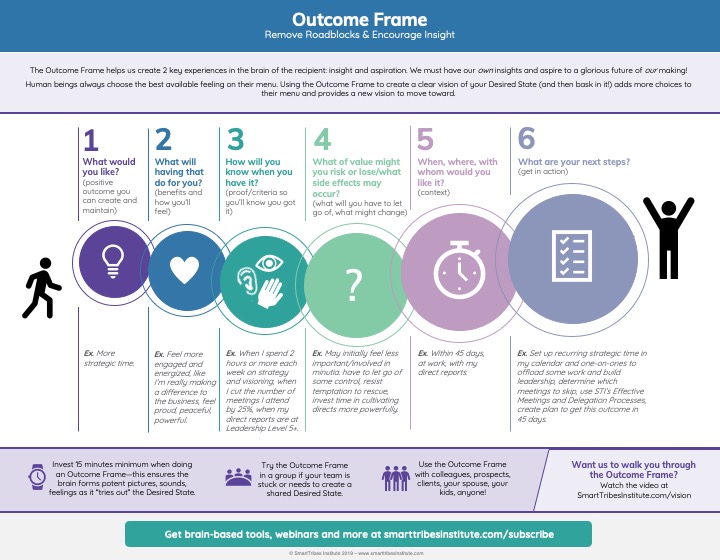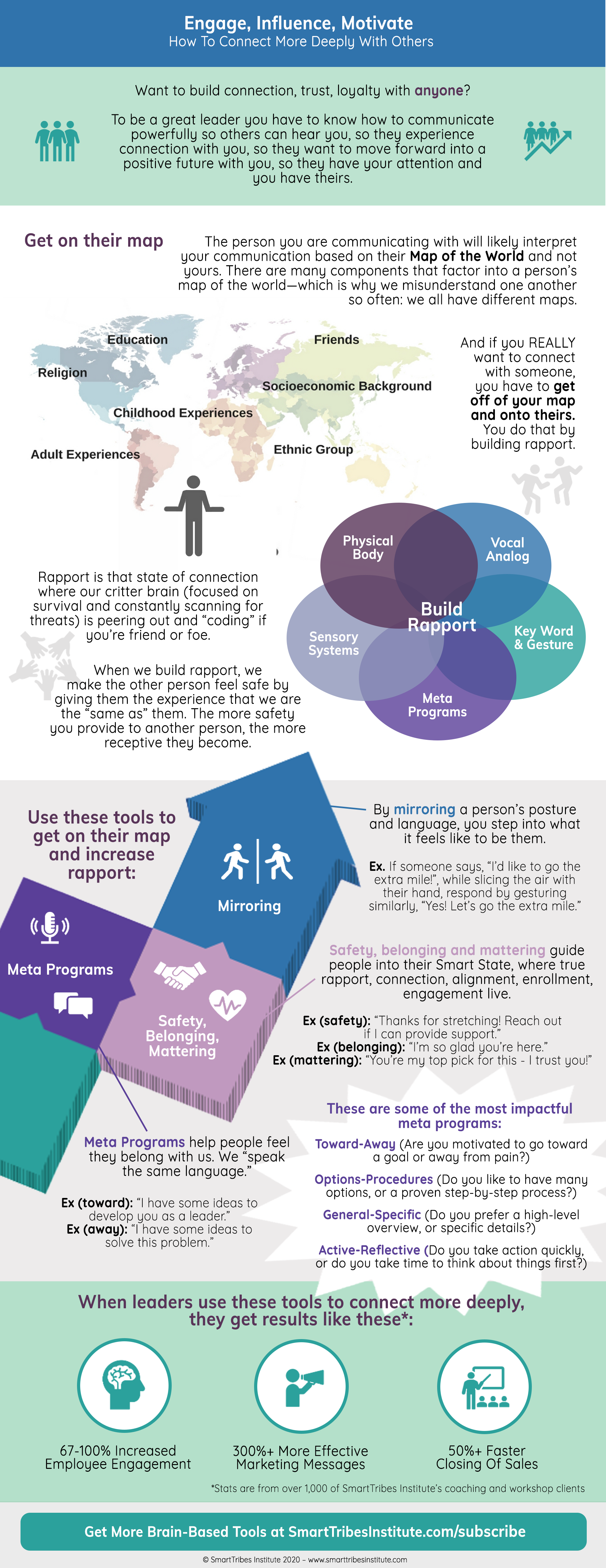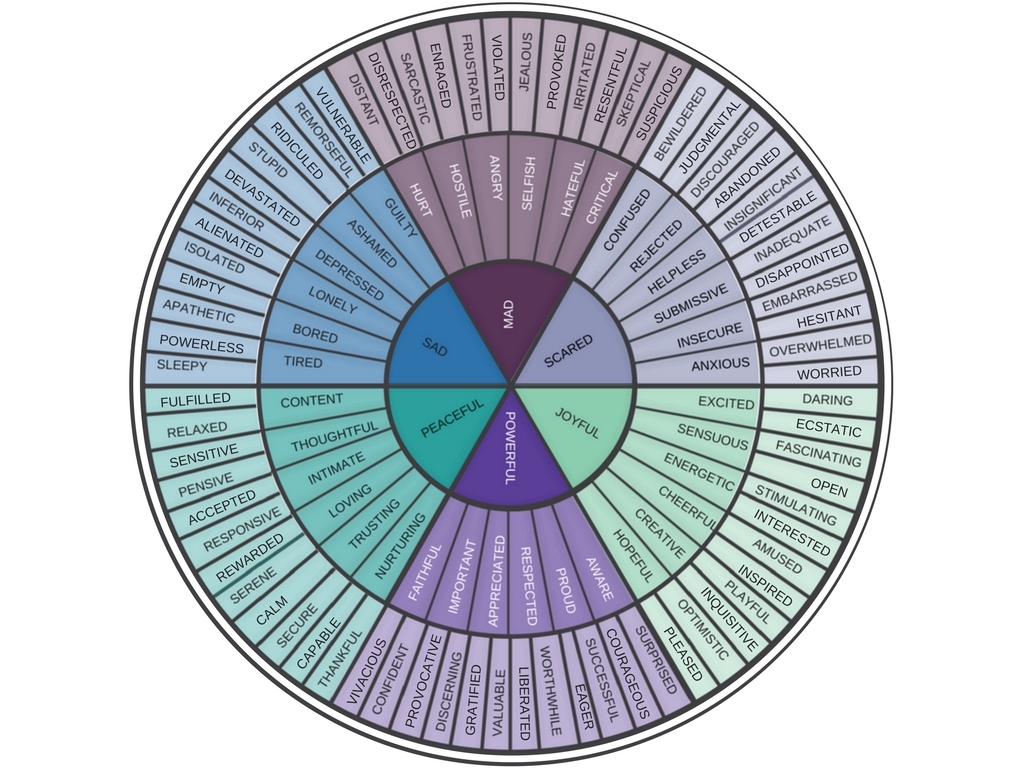
Lead Through The Pandemic: Here Are 4 Research-Backed Ways
May 2, 2020
The Neuroscience Of Recruiting: Put The Right Person In The Right Role, Every Time [Infographics]
July 3, 2020
*As originally seen on Forbes.com
Burned out on Zoom meetings or social events, yet still want connection with others?
Feeling sick of quarantine, a bit edgy/irritable or depressed with a sense of despair?
You’re not alone.
Before the pandemic we already had widespread mental health challenges in the workplace. Almost 60% of U.S. workers had mental health challenges last year, but 8 in 10 did not seek help, due to the social stigma around the topic.
And with the pandemic, I think it’s fair to say most of us have experienced some anxiety, depression, inability to focus for sustained times, fear of the uncertain future, and more. And let’s be honest: it has impacted the quality of our work and our productivity. And with ever-increasing unemployment, it’s even worse.

The COVID-19 Impact on Mental Health
As an executive coach, I’m seeing tremendous mental health impact in the workplace right now. As a leader, it’s something you must pay attention to.
Check out the COVID-19 impact in these recent survey results:
- 88% of workers reported experiencing moderate to extreme stress over the past 4-6 weeks
- 69% of workers claimed this was the most stressful time of their entire professional career, including the September 11 terror attacks, the 2008 Great Recession and others
- Every demographic, including adults over the age of 55, rated COVID-19 as the most stressful time
- 91% of employees working from home reported experiencing moderate to extreme stress
- 43% of employees have become physically ill as a result of work-related stress.
3 Steps To Helping Your Team (And Yourself) Navigate Mental Health Challenges
Key to helping people navigate mental health challenges is to remove the stigma. Hopefully you already have neurodiversity in your organization, so you’ve navigated some ADHD, Bipolar, Depression, Anxiety, OCD and other situations. As I mentioned above, most of us, if we’re being really honest, have struggled emotionally recently. Emotional struggles impact mental health. A grounded and peaceful mind, body, spirit make all the difference.
Let’s honor the entire individual in the support we provide.
1) Give Your Mind More Choice. Your mind decides if something is good or bad – and this results in how you feel. If you tell yourself something is bad, you’ll feel bad. If you repeatedly do this, you’ll wear a deeper groove (Hebbian Potentiation, for you neuro-nerds out there!) and this belief, and the behaviors that follow it, will become habitual.
Solution:
- When you notice you’re feeling bad, grab your Emotion Wheel. Get specific: what are all the emotions you are feeling? Write them down. Next, note the story you are telling yourself which is causing these painful feelings (“I don’t know when this will end”, “What if ___ happens?”, etc.)
- Then do the Maneuvers of Consciousness process below to help you process the negative/painful emotions.

Maneuvers of Consciousness is a powerful, neuroscience-based tool to increase emotional agility.
- Next, do an Outcome Frame to design a clear shiny new desired state. Phew. You’ll now feel A LOT better!

2) Under-commit To Support Your Spirit. It’s easy to feel overwhelmed by the pandemic and all of the uncertainty it has brought into our lives. Even if your friends or colleagues are taking a zillion online classes, you don’t need to. Maybe that helps them, but doesn’t work for you.
Solution: Take the time to step back and feel into what you need. Then block out open time for yourself so you practice self-care, meditation, whatever helps you feel connected to yourself and others. Connection increases our feeling of safety, which is crucial these days.

3) Emotions Have Energy—Move Your Body To Clear Them. You’ve read in my past blogs about Dr. David Hawkins’ work proving that emotions have energy.
Solution: Notice that your body stores this emotional energy too. Where do you store stress, depression, anxiety? In your neck? Shoulders? This is one of the many reasons exercise is essential for mental health. It helps us release negative emotional energy and also floods our brain with hormones and fires off neurotransmitters that make us feel good. Do your utmost to get at least 20 mins of exercise per day, to help your body release heavy emotions.
The Net-Net
- Mental health is a key leadership issue with the advent of COVID-19
- Leaders must take this seriously if they care about the wellbeing and performance of their team
- Shifting our mind and inner stories is one of the fastest ways to shift our emotional experience, which most powerfully effects our performance and wellbeing
How are you?
How is your team?
What will you try from the above to help foster mental health both in the workplace and at home (since they are now, for many of us, the same place!)?





